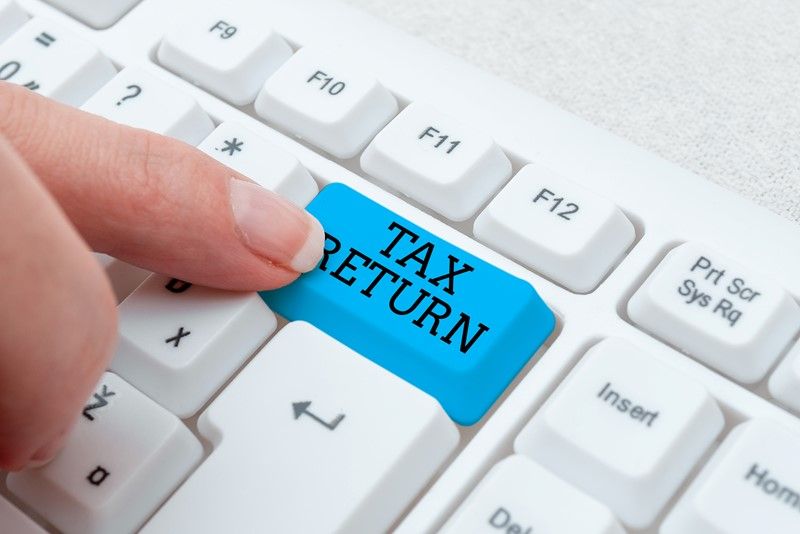Why exit planning matters – even in the early years of your business
Starting and growing a business is an exciting and demanding challenge. It is easy to focus all your energy on immediate goals like winning customers, generating income, and keeping cash flow under control. But at some point, every business owner will exit, whether through sale, succession, or closure. That is why having a clear exit plan is not just something for later; it adds value from the very beginning.
An exit plan sets out how you intend to leave the business and what outcomes you want to achieve. It might include selling the company, handing it over to a family member or management team, or winding it down in an orderly way. Crucially, it also considers what steps you need to take in advance to make that possible.
Without an exit strategy, business owners can end up underprepared and undersold.
Many discover too late that their business is not ready to attract buyers or that its value is too tied up in their own efforts to run it. Others face difficult decisions when ill health, retirement, or unexpected events force them to exit without a plan.
By contrast, owners who start preparing early can take practical steps to increase business value, reduce risk, and make the eventual transition smoother. This might include documenting key processes, developing a strong management team, reviewing ownership structure, or getting clear on financial performance. These are all steps that can help a business run more effectively in the present as well as the future.
Exit planning also helps you stay focused on what success looks like for you. Whether your aim is to achieve a target sale value, create a legacy, or secure a comfortable retirement, it gives you a measurable goal to work towards.
Reviewing the exit plan every few years ensures it stays aligned with your business’s progress and your personal circumstances. It can also highlight gaps or opportunities to make the business more attractive and resilient.
In short, having a plan for how you will leave your business is just as important as how you start it. If you have not yet created or reviewed your exit plan, we are happy to help you explore your options and take the next steps to secure your long-term goals.




